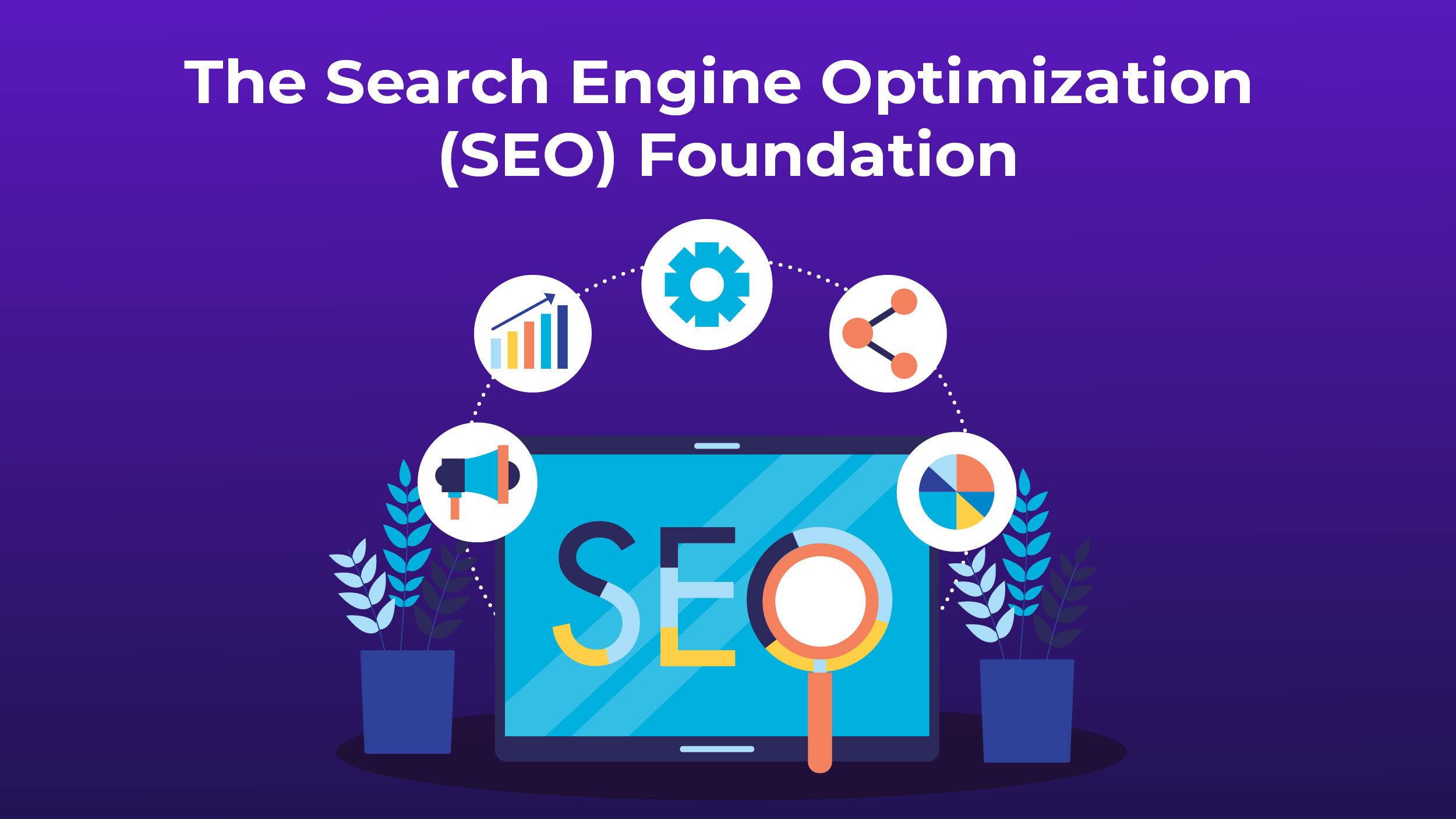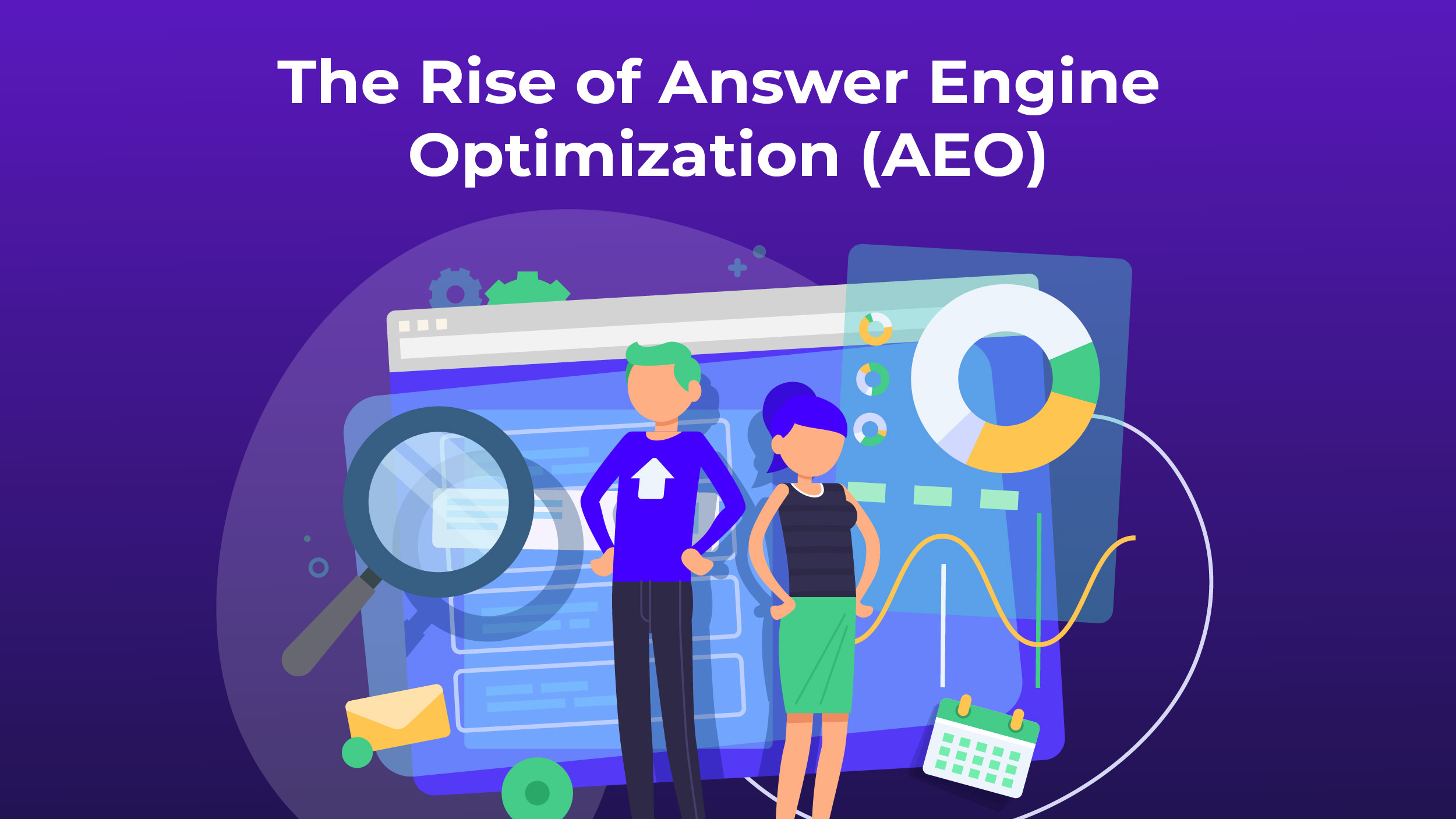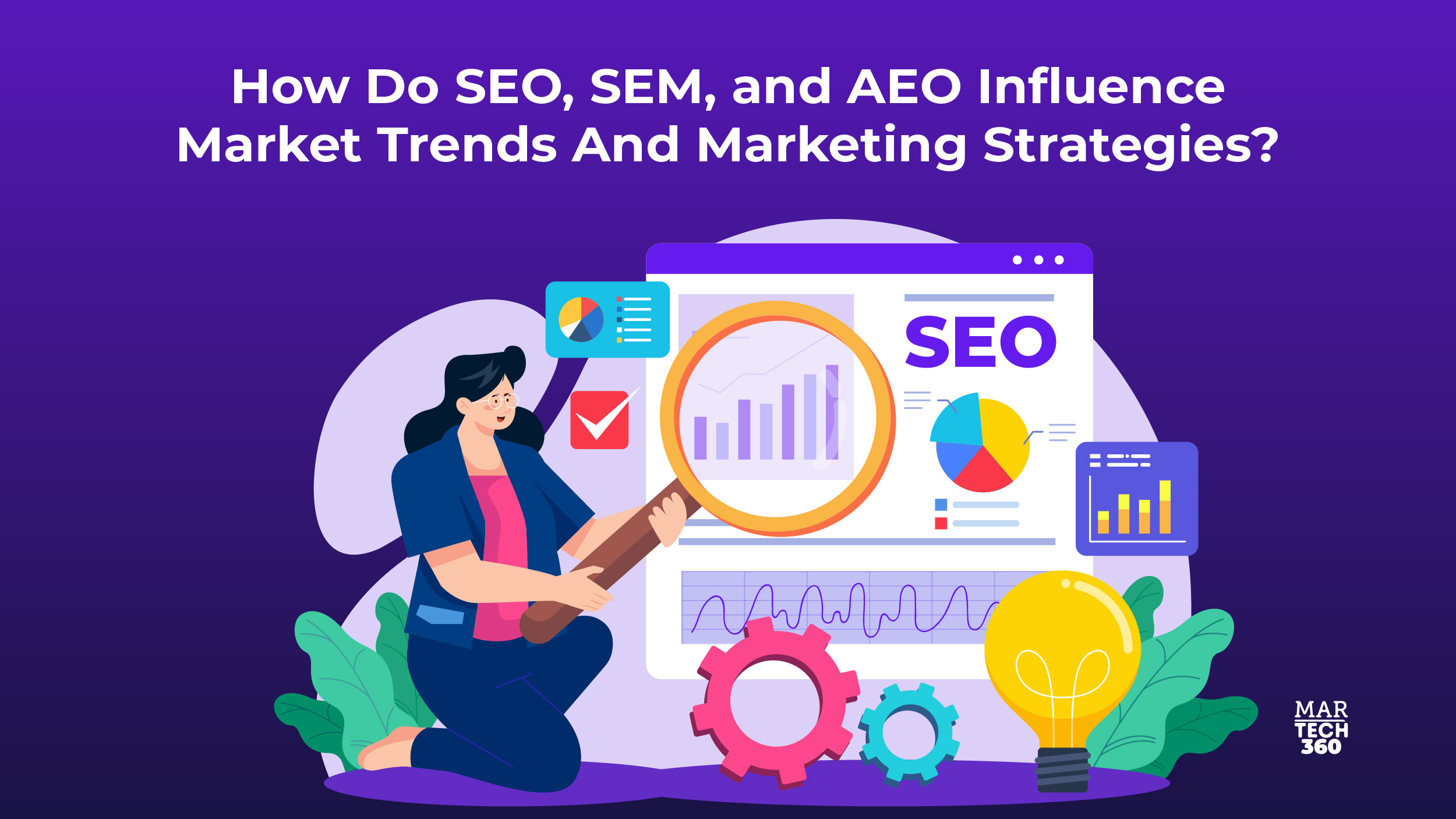Have you ever wondered about the backbone of our digital universe? Well, look no further than the trio of buzzwords that dominate the online landscape: search engine optimization (SEO), search engine marketing (SEM), and the rising star, answer engine optimization (AEO). These three amigos are shaping the way we discover, interact with, and consume information on the web.
In this blog post, we’re going to dive deep into the realm of SEO, SEM, and AEO, uncovering the mysteries behind each, understanding their roles in our digital lives, and pondering the all-important question: are they the future?
With that being said, let’s get started!
The Search Engine Optimization (SEO) Foundation
 User intent in search queries is one major component of search engine optimization that is vital right now and will become even more important as time goes on. It’s a quaint notion to believe that Google is still interested in precise wording.
User intent in search queries is one major component of search engine optimization that is vital right now and will become even more important as time goes on. It’s a quaint notion to believe that Google is still interested in precise wording.
For years, Google has been building machine learning and artificial algorithms, and no other organization has access to the testing and experimentation capabilities that Google does.
Search engine optimization has become smarter and more mature as a result of Google’s advancements and innovations.
Google’s algorithms are frequently updated in order to give the best possible experience to its consumers. So, if you want to win the SEO game, focus on offering the best user experience possible. Search engine optimization will continue to develop at a rapid pace in the future. To improve your ranks, simply follow the best SEO practices such as generating useful content, having a faster and more effective website, and adhering to Google guidelines.
Impact on Marketing Strategies:
Search engine optimization is not just about keywords; it’s about delivering valuable content to your audience. Businesses are using SEO to create content that addresses user queries, providing informative, engaging, and problem-solving material. This influences marketing strategies by shifting the focus from traditional push marketing to pull marketing. Instead of bombarding consumers with ads, businesses are pulling in consumers through informative and useful content, building trust and loyalty.
Also Read: AI Powered Analytics: Turning Data into Dollars, Insights into Impact
SEM: Where Precision Meets Promotion
Search engine marketing is a multibillion-dollar industry. However, many of us still don’t fully grasp what it entails. SEM, or search engine marketing, has been around almost as long as the commercial internet itself. It has changed significantly over this time to become the service we know and use today.
SEM is a tried-and-true method of growing both online and in-person traffic to your business. It is a marketing approach that employs paid online adverts to boost your company’s rating on search engine results pages, or SERPs. A search engine result page is just the page that shows when you enter a term into a search engine like Google.
As a result, the future of SEM is promising. However, there are a few trends that business owners and digital marketers should keep in mind if they want to stay ahead of the competition:
- Privacy: It may be argued that we are only now beginning to recognize the significance of internet privacy. Traditionally, digital marketers depended on cookies — code that follows you online, tracking the websites you visit — to entice customers.
- Voice Search: Text is no longer the only way to search; voice and visual searches have evolved to be quite successful in the last few years. Voice and visual technologies are perhaps still in their infancy.
- Artificial Intelligence: AI-powered data is likely to steer digital marketers toward a more tailored customer experience.
Impact on Marketing Strategies:
SEM complements traditional advertising by ensuring that your brand appears in the right place at the right time. This has led to a shift from broad, one-size-fits-all advertising campaigns to highly targeted and personalized ads. As a result, businesses can reduce marketing costs and increase their return on investment by reaching the most relevant audience.
The Rise of Answer Engine Optimization (AEO)
 With the rise of voice search, search engines are being transformed into “answer engines,” which necessitate a distinct approach and set of elements for effectiveness. This method is known as AEO or answer engine optimization. So, what distinguishes AEO from the tried disciplines of SEO and SEM?
With the rise of voice search, search engines are being transformed into “answer engines,” which necessitate a distinct approach and set of elements for effectiveness. This method is known as AEO or answer engine optimization. So, what distinguishes AEO from the tried disciplines of SEO and SEM?
Many of us in the industry have observed and commented on search engines, particularly Google’s, moving toward presenting a single, definitive response to searches. Google’s goal of giving the answer to a search query without having a user link through to another website has been aided by innovations such as featured snippets and Knowledge Graphs.
The great majority of voice queries receive a single answer read aloud by a digital assistant, asserting this trend. If there isn’t a conclusive response, voice searches on mobile will display a results page.
Surprisingly, half of the population in the United States utilizes voice search as a part of their daily routine. We can conclude that search engine optimization will not replace SEO.


Comments are closed.